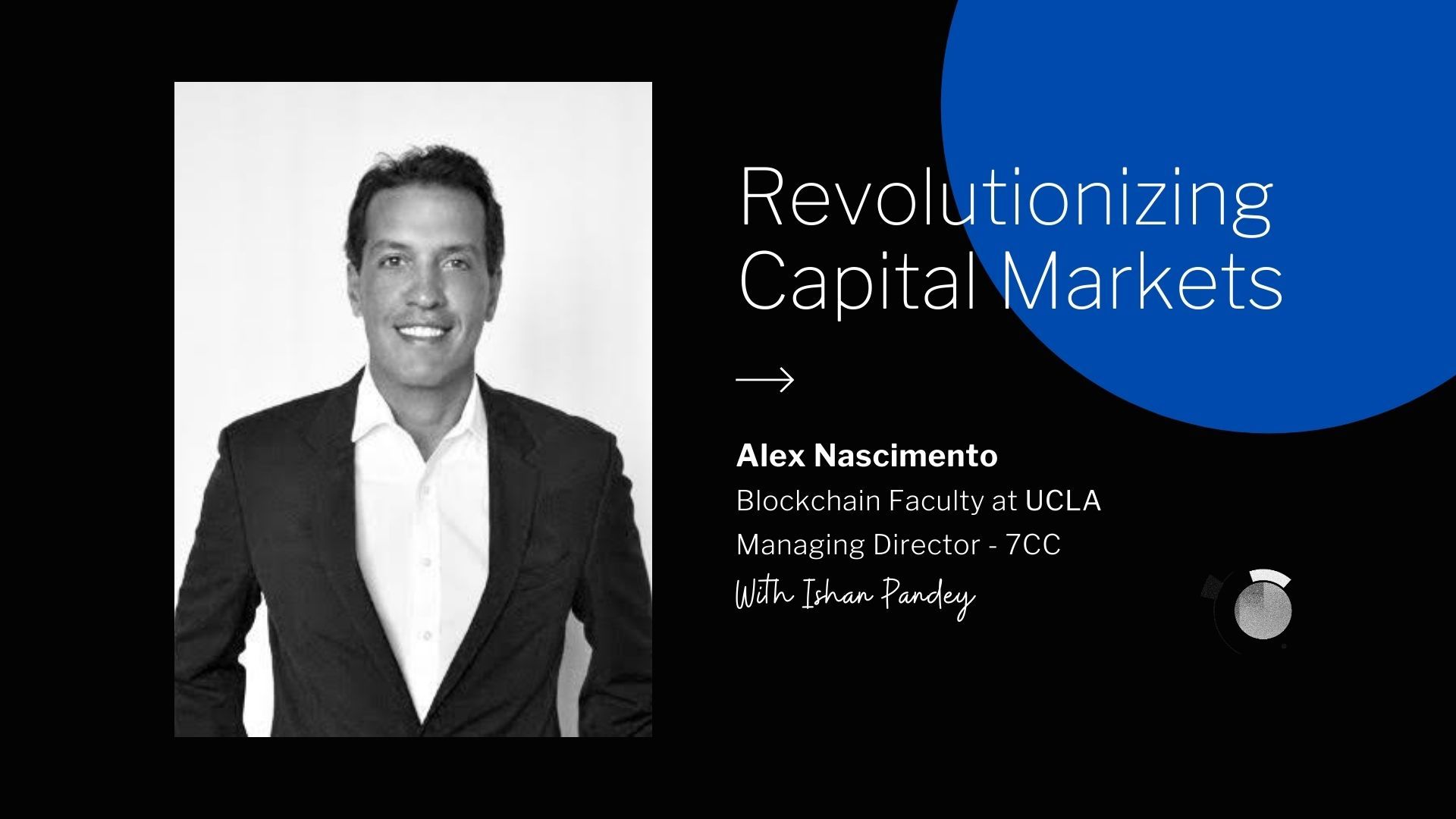490 reads
Securities on Blockchain: Revolutionizing Capital Markets - Interview with Alex Nascimento, UCLA
by
August 16th, 2020

Building and Covering the latest events, insights and views in the AI and Web3 ecosystem.
About Author
Building and Covering the latest events, insights and views in the AI and Web3 ecosystem.
